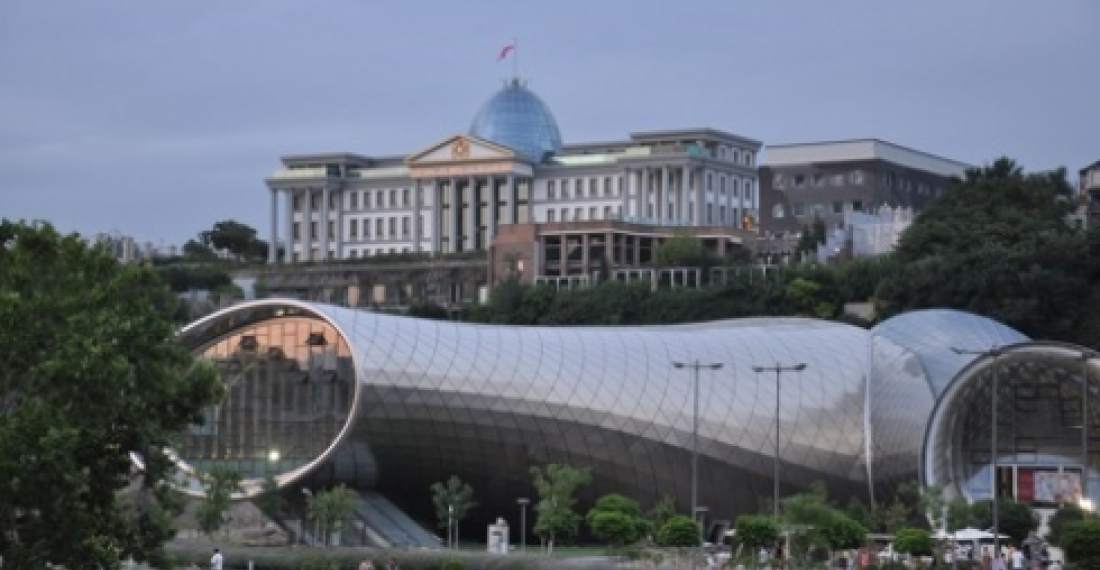Обновлено 6 июня
Как сообщают местные СМИ, в понедельник, 6 июня, правительство страны поддержало распоряжение президента Грузии Георгия Маргвелашвили о назначении даты парламентских выборов на 8 октября.
Раннее пресс-служба президента Грузии сообщила, что Георгий Маргвелашвили издал указ о назначении парламентских выборов на 8 октября 2016 года. В день парламентских выборов также состоятся выборы в Верховный совет Аджарской автономной республики.
По словам пресс-спикера президента Эка Мишвеладзе, они ожидают от премьера страны контрассигнации "в предусмотренные законом сроки". Согласно законодательству премьер-министр должен подписать новый указ в 10-дневный срок.
После подписания указа о назначении выборов в силу вступят запреты на использование в предвыборный период административного ресурса, бюджетных средств, должностного или служебного положения.
Изначально между премьер-министром и президентом существовали расхождения по поводу даты начала кампаний. Президент предлагал начать кампанию за 6 месяцев до даты проведения выборов. Премьер-министр же выступал за 3 месячную кампанию. Но по итогам консультаций, состоявшихся 10 мая, стороны пришли к консенсусу и определили дату 8 июня началом избирательной кампаний к парламентским выбором.
источник: commonspace.eu по материалам агентств






